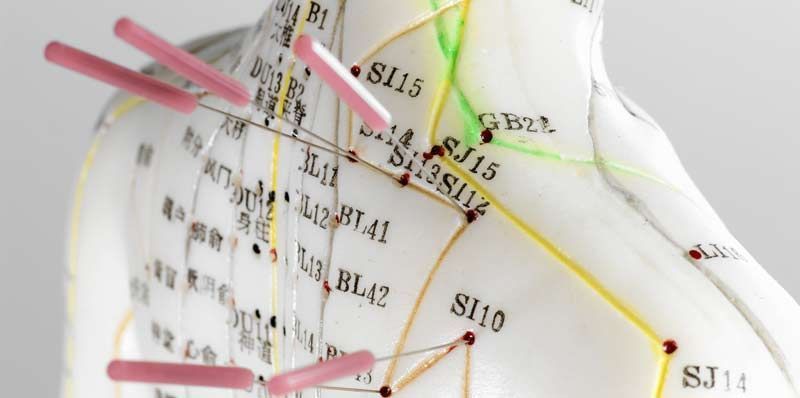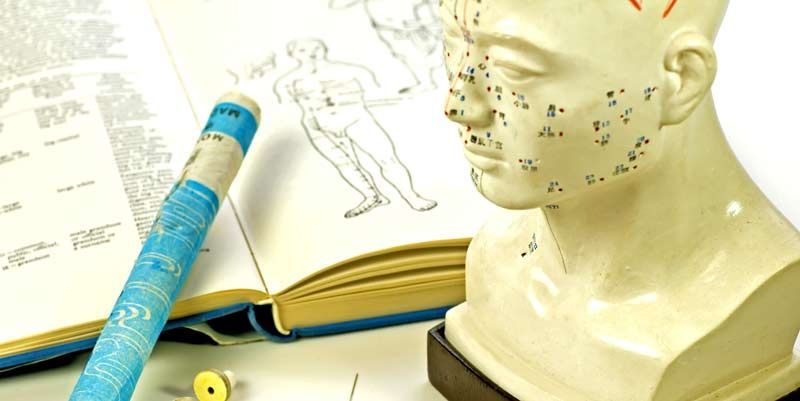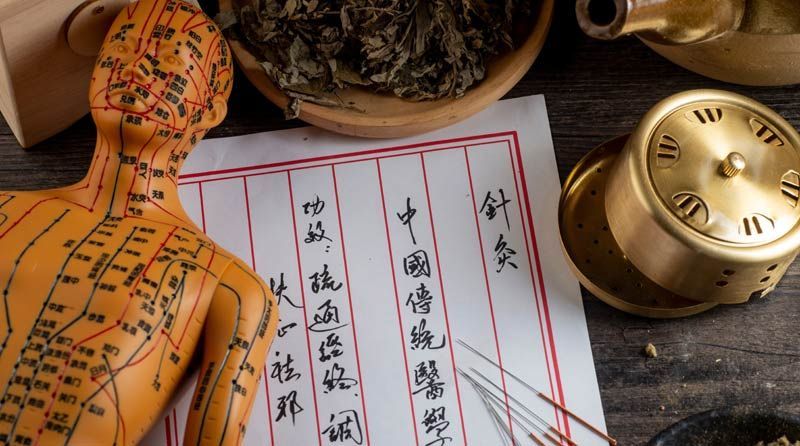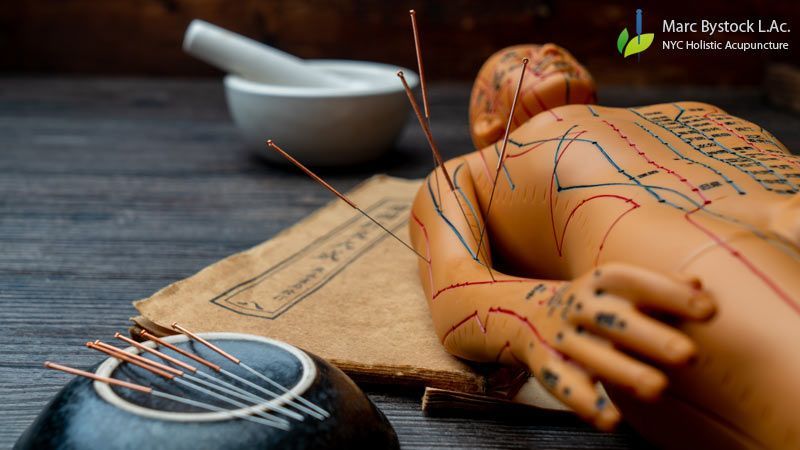How Acupuncture Supports Digestive Health
Integrating acupuncture into the management of digestive health is a promising approach for individuals seeking relief from conditions such as IBS and food sensitivities.

Acupuncture: A Holistic Solution for Optimal Digestive Health
Digestive health is foundational to overall well-being, influencing everything from nutrient absorption to immune function. In recent years, an increasing number of individuals have turned to acupuncture as a complementary approach to managing digestive issues. This ancient practice, rooted in traditional Chinese medicine, has shown promise in supporting gut health and alleviating conditions such as Irritable Bowel Syndrome (IBS), food sensitivities, and other gastrointestinal disorders. Understanding the connection between acupuncture and digestive health is essential for anyone seeking to address gut-related concerns and improve their overall quality of life.
The Gut-Brain Connection
The gut-brain connection plays a pivotal role in digestive health, as the gastrointestinal system is closely linked to emotional and psychological well-being. The gut houses a vast network of neurons and produces neurotransmitters, including serotonin, which significantly influence mood and behavior. Stress and anxiety are known to disrupt normal digestive function, leading to symptoms such as bloating, cramping, and altered bowel patterns. Acupuncture can help mitigate these effects by promoting relaxation and reducing stress, creating a more favorable environment for digestive function. By addressing both emotional and physical aspects of health, acupuncture helps restore balance within the gut-brain axis.
Acupuncture’s Role in Digestive Health
Research indicates that acupuncture may effectively treat various digestive disorders. One of the primary mechanisms by which acupuncture supports gut health is through its ability to increase blood flow to the digestive organs, enhancing overall function. In traditional Chinese medicine, acupuncture stimulates specific points on the body corresponding to different organs, including the stomach and intestines. By promoting circulation and reducing inflammatory responses, acupuncture can alleviate symptoms associated with conditions such as IBS and food sensitivities.
Addressing Irritable Bowel Syndrome (IBS)
IBS is a common gastrointestinal disorder characterized by symptoms such as abdominal pain, bloating, and irregular bowel habits. Conventional treatments often involve dietary adjustments and medications, but many patients still struggle to find relief. Acupuncture has emerged as a valuable complementary therapy for managing IBS. Several clinical studies have demonstrated the effectiveness of acupuncture in reducing IBS symptoms, often leading to significant improvements in patients’ quality of life. For instance, a study published in the American Journal of Gastroenterology found that patients who received acupuncture experienced reductions in abdominal pain and improved bowel function compared to those who did not receive treatment.
Alleviating Food Sensitivities
Food sensitivities can lead to a range of adverse reactions, including gastrointestinal discomfort, fatigue, and even depression. Eliminating trigger foods is a common approach to managing these sensitivities, but it may not address the underlying issues that contribute to them. Acupuncture offers a holistic approach to food sensitivities by promoting digestive harmony. By stimulating the body’s natural healing processes, acupuncture can help identify and address imbalances that may lead to food intolerance. Moreover, acupuncture sessions can help patients navigate their dietary restrictions with greater ease by reducing cravings and improving overall digestion.
The Science Behind Acupuncture for Digestion
Scientific research has begun to validate the traditional claims surrounding acupuncture’s effectiveness for digestive health. Numerous studies have explored the biological mechanisms at play, including the modulation of the autonomic nervous system and the release of neurotransmitters. Research published in the journal Evidence-Based Complementary and Alternative Medicine explored how acupuncture interventions activated specific regions of the brain involved in processing digestive functions. By influencing neural pathways, acupuncture can help regulate gut motility and reduce inflammation, contributing to symptomatic relief in patients with various digestive disorders.
The Role of Acupuncture in Managing Stress and Anxiety
Given the strong connection between stress and digestive health, acupuncture can also serve as a powerful tool for stress management. Many individuals experience gastrointestinal distress as a direct consequence of stress, which can lead to a vicious cycle of worsening symptoms. Acupuncture’s ability to promote relaxation, reduce anxiety, and enhance overall emotional well-being can have a significant impact on gastrointestinal function. Research has shown that acupuncture can reduce cortisol levels, the hormone responsible for the body’s stress response, leading to improved digestion and a decrease in stress-related gastrointestinal issues.
Personalized Acupuncture Treatment Approaches
One of the most significant advantages of acupuncture is its personalized treatment approach. Each patient is unique, and a qualified acupuncturist will tailor treatment based on individual symptoms, medical history, and lifestyle factors. This individualized approach empowers patients, as they are actively involved in their healing process. During initial consultations, practitioners will assess not only the specific digestive complaint but also any underlying emotional or lifestyle factors that may contribute to gastrointestinal distress. This comprehensive perspective enables a holistic treatment plan focusing on the patient’s overall health.
Working with Other Health Professionals
For those managing gastrointestinal issues, integrating acupuncture into an existing treatment plan can be beneficial. Collaboration between acupuncturists and conventional medical professionals ensures a well-rounded health approach. Physicians, dietitians, and acupuncturists can all work as a team to address the multifaceted aspects of digestive health. Such interdisciplinary cooperation allows for a comprehensive understanding of the patient’s condition, combining the strengths of traditional medicine with the insights of acupuncture for optimal results.
Patient Testimonials: Real-Life Success Stories
Personal stories illustrate the positive impact of acupuncture on digestive health. Patients who have previously struggled with chronic gastrointestinal issues often report significant improvements after incorporating acupuncture into their routine. One patient shared their experience of battling IBS that left them feeling hopeless and frustrated. After several acupuncture sessions, they noticed a remarkable reduction in pain and bloating, enabling them to return to normalcy in their daily life. Another patient described how acupuncture helped them manage food sensitivities, allowing them to enjoy meals without anxiety about potential reactions. These testimonials highlight the transformative power of acupuncture in supporting digestive health and enhancing well-being.
Conclusion
Integrating acupuncture into the management of digestive health is a promising approach for individuals seeking relief from conditions such as IBS and food sensitivities. The strong connection between the gut and overall health underscores the importance of addressing emotional, physical, and psychological factors that contribute to gastrointestinal issues. As research continues to support acupuncture’s efficacy, patients are increasingly looking to it as a valuable ally in their quest for comprehensive digestive wellness. By embracing a holistic approach that considers both mind and body, acupuncture offers hope and healing for those navigating the complexities of digestive health.












